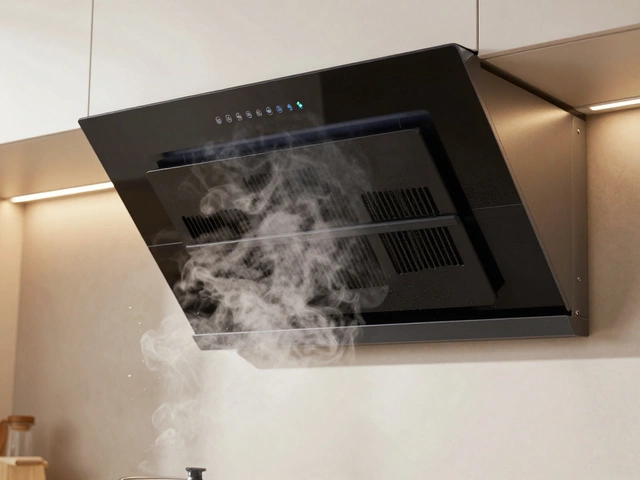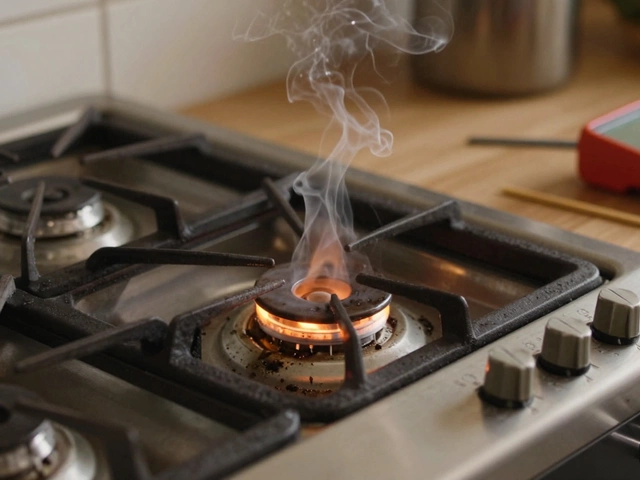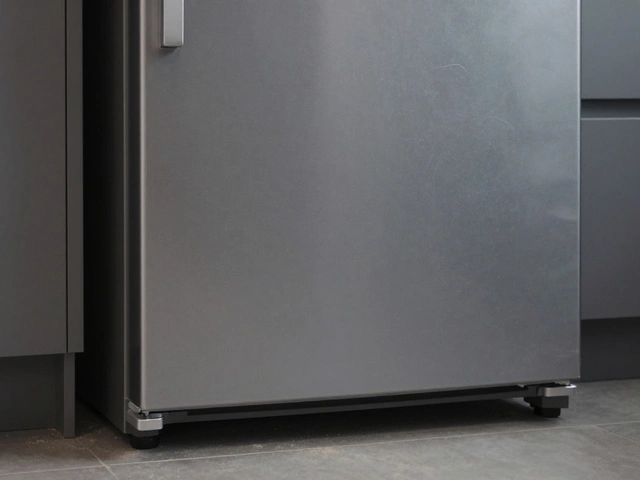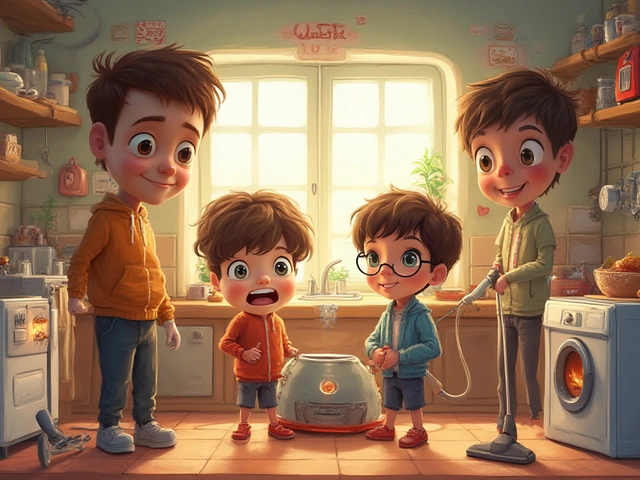Is It OK to Leave an Extractor Fan On? Safety, Energy, and Longevity Explained
December 21 2025Water Heater Replacement: What You Need to Know in Bedford
If your showers are getting lukewarm or the tank is making odd noises, it’s probably time to think about a new water heater. Replacing a water heater isn’t a DIY weekend project for most homeowners – you need the right knowledge, the right parts, and a certified gas engineer who knows the local regulations. In this guide we’ll walk through the real signs that tell you replacement is overdue, how to pick the best unit for your home, and why calling Bedford Gas Appliance Repair Services is the safest shortcut.
When to Replace Your Water Heater
Most gas water heaters last between 8 and 12 years. After that the risk of leaks, corrosion, or inefficient heating climbs sharply. Here are the tell‑tale signs that the tank is on its last legs:
- Strange noises – rumbling, popping, or ticking usually means mineral buildup is interfering with the heating element.
- Rusty or discoloured water – a sign the tank’s interior is corroding.
- Hot water runs out quickly – the tank can’t hold enough heat to meet demand.
- Leaking around the base – once the tank starts to rust, water will seep out.
- Rising energy bills – an old heater works harder, costing you more each month.
If you notice any of these, schedule a replacement check right away. Trying to patch a failing tank can be dangerous and usually ends up costing more.
Choosing the Right Replacement
When it’s time for a new unit, you have a few options: traditional tank‑type, tank‑less (on‑demand), or hybrid heat‑pump models. Each has pros and cons.
Tank‑type heaters are the most common, easy to install, and work well in older homes with limited gas line sizes. They’re usually cheaper upfront but can be less efficient over time.
Tank‑less heaters give you endless hot water and use less energy because they only heat water when you need it. The downside is a higher initial price and the need for a larger gas line.
Hybrid heat‑pump models combine a small tank with a heat‑pump system, offering the best efficiency if you have a good electrical supply and a well‑ventilated space.
To decide which is right for you, consider these factors:
- Household size – More people usually need a larger tank or a tank‑less system.
- Available space – Tank‑less units are compact, while tank‑type need room for the tank and vent.
- Budget – Calculate the total cost of purchase, installation, and long‑term energy use.
- Local regulations – Bedford and the surrounding area have specific venting and safety codes that a certified engineer must follow.
Whatever you pick, make sure the installer is Gas Safe registered. A professional will handle venting, gas pressure checks, and will register the new appliance with the local authority, keeping you on the right side of the law.
At Bedford Gas Appliance Repair Services we offer a free assessment, transparent pricing, and same‑day installation for most standard models. Our engineers will walk you through the pros and cons, help you claim any eligible rebates, and ensure the new heater passes all safety tests.
Don’t wait until the tank bursts or you’re stuck with cold showers. Call us today for a no‑obligation quote and keep your home’s hot water flowing safely and efficiently.
 8 May
8 May
How Long Should a Water Heater Last? Know When to Repair or Replace
Wondering how long your water heater should actually last before it starts acting up? This article breaks down the average lifespan of different water heater types and what really impacts their longevity. You'll learn how to spot early warning signs and get practical tips on keeping your heater running longer. We’ll also cover when a simple repair makes sense versus when it’s smarter to just replace the whole unit. Get all the details so you can avoid cold showers and wasted money.
Read More... 11 Dec
11 Dec
Signs You Need to Replace Your Hot Water Heater
A hot water heater is an essential appliance in any home, providing warm water for showers, cooking, and cleaning. However, these systems don't last forever, and knowing when to replace them is crucial to avoid inconvenience and potential damage. Common signs of a failing water heater include inconsistent water temperature, discolored water, strange noises, and leaks. Regular maintenance can extend the lifespan of your heater, but recognizing the right time for a replacement is key to maintaining comfort and efficiency in your home.
Read More...



